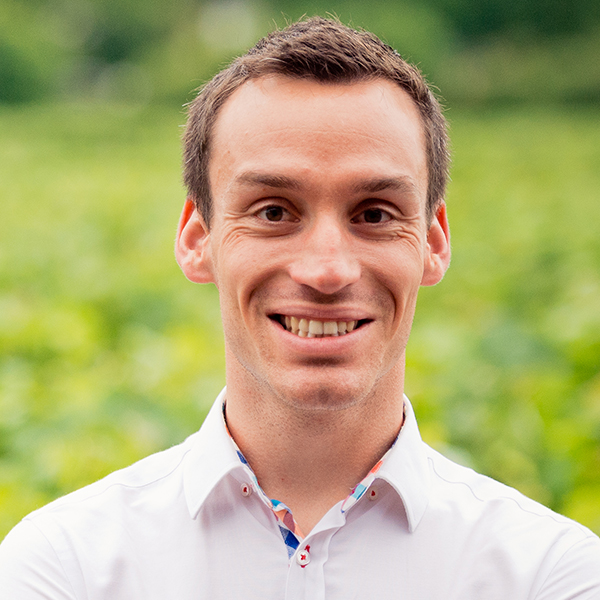Bio
After jointly obtaining degrees in Agricultural Engineering (Agrocampus Ouest) and Master2 (Animal Production Biology and Quality) in 2007, I obtained a PhD in Biology in 2011. During my thesis (carried out at INRA of Tours), I studied in vitro the signalling of a G-protein-coupled receptor involved in the control of reproductive function: the follicle stimulating hormone (FSH) receptor. In particular, I addressed the new pharmacological concepts of biased agonists and selective activation of signaling pathways. I then continued by a post-doctorate still within the INRA of Tours (1 year) during which I transposed my fundamental knowledge acquired during my thesis on the control of reproduction in ewes. I then did a post-doctorate at Inserm in Bordeaux where I acquired skills in the field of aptamers. They are single-stranded nucleic acids (DNA or RNA) capable of adopting a three-dimensional structure and of specifically recognizing small molecules as well as proteins or cells,… Aptamers represent a possible alternative to the use of antibodies whether in diagnosis, detection or therapy. They are also important tools of synthetic biology. Since 2016, I have been at Bordeaux Sciences Agro (agricultural engineering school) first as a research engineer and then since 2018 as an assistant professor in animal production. In terms of research, I use my skills in the field of aptamers to predict 1) the quality of beef and 2) the adaptive capacity of herbivores.
Subjects
Adaptive capacity of herbivores – sensory/nutritional quality of products from herbivore farms
